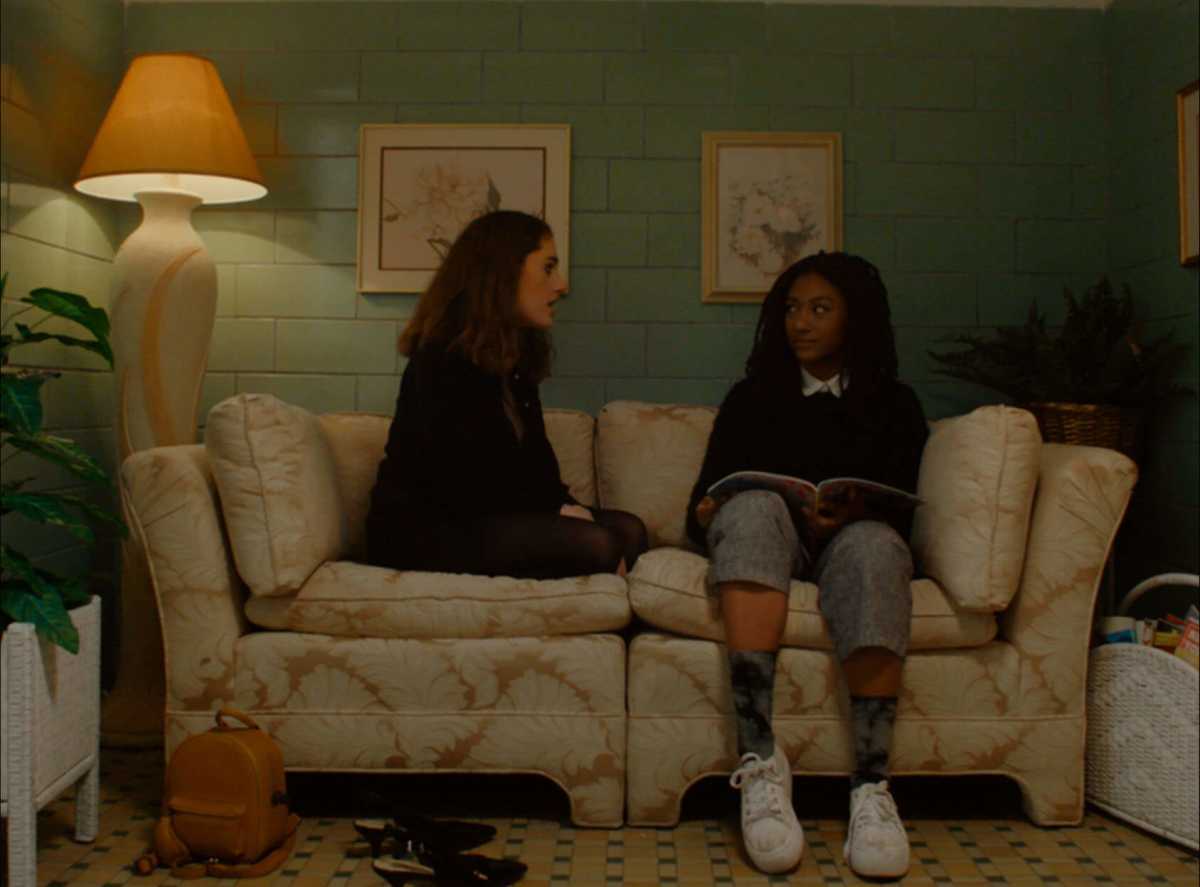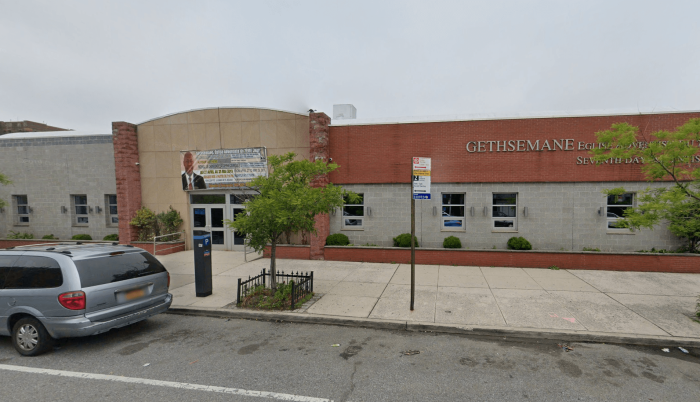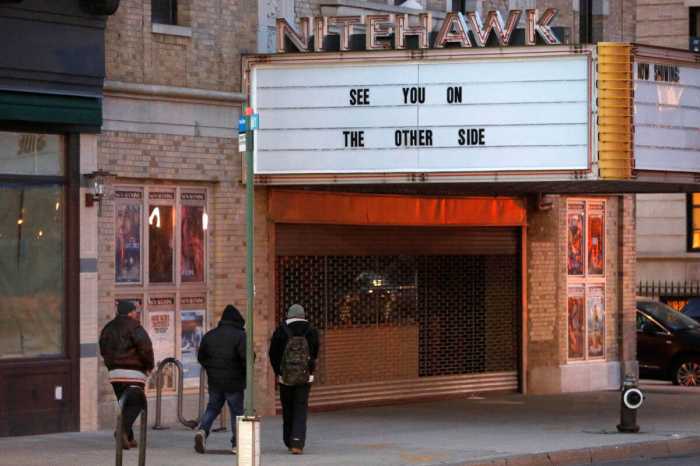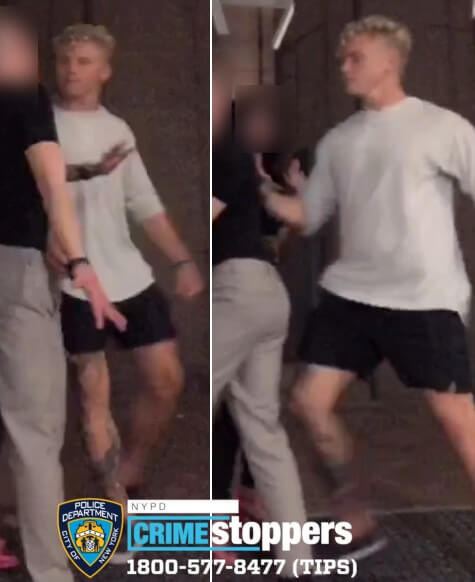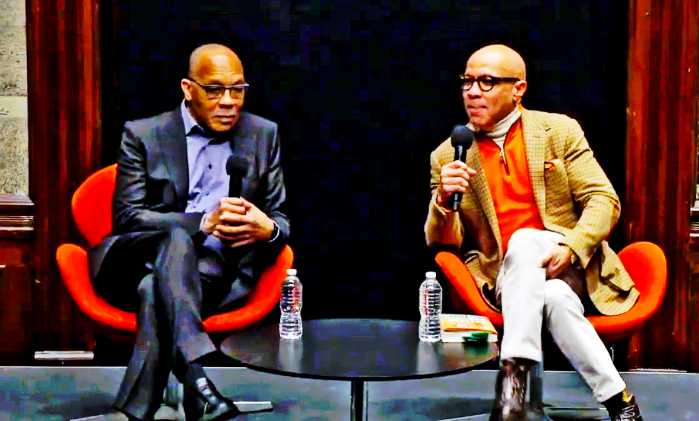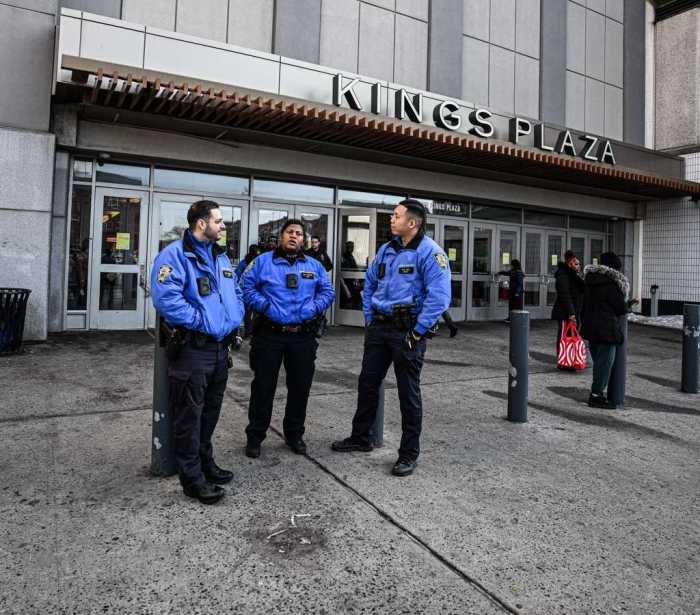The annual New York Jewish Film Festival, which takes place virtually from January 13 to January 26, includes more than two dozen features, documentaries, and shorts.
Here is a rundown of three films featuring queer content screening at this year’s festival.
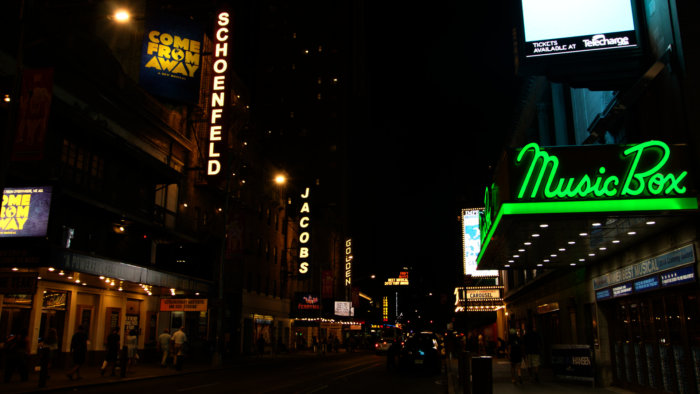
“On Broadway”
This loving celebration of the Great White Way is one of the highlights of the festival. The entertaining documentary includes interviews with out gay actors and directors — including Ian McKellen, George C. Wolfe, Nicholas Hytner, and Tommy Tune — along with other celebrities, such as Helen Mirren and Christine Baranski. Director Oren Jacoby chronicles the hits that have changed the landscape and sustained Broadway box offices over the decades.
“On Broadway” concentrates on smash hit musicals ranging from “A Chorus Line” and “Cats” to “Rent,” “The Lion King,” and “Hamilton” to illustrate what shows did to draw in audiences. Jacoby also features a handful of plays, including “Nicholas Nickleby” and “Angels in America,” that challenged viewers, but these critical and commercial successes emphasize the power of live theater. (There is little emphasis on failure).
“On Broadway” also covers trends, such as bringing British actors and productions to Broadway, the demolition of classic venues, and the Disneyfication of Broadway, as well as the devastating impact the AIDS epidemic had on the theatre world.
Another subplot depicts the staging of the 2018 play, “The Nap,” about snooker, starring transgender actress Alexandra Billings in her Broadway debut. (She is fabulous in her interview scenes). Jacoby also showcases mini-profiles of trailblazers Stephen Sondheim and Hal Prince, as well as the importance of playwright August Wilson and actor, composer, and lyricist Lin-Manuel Miranda.
This documentary may not provide much in the way of new insights or information for theater buffs, but that does not make the glossy “On Broadway” any less enjoyable. Jacoby’s film offers dozens of clips from popular shows that will induce nostalgia for the live theatre experience, which is noticeably absent during the current pandemic.
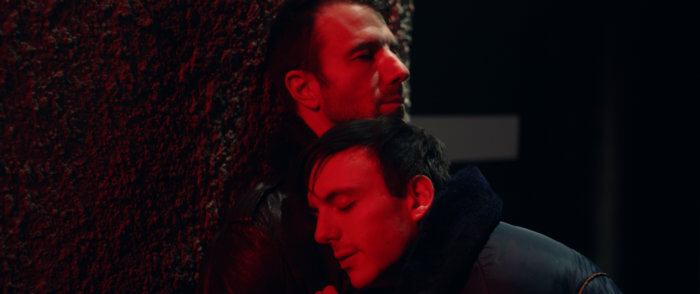
“Minyan”
This film by out gay filmmaker Eric Steel (“The Bridge”) is set in 1986 Brooklyn. David (Samuel H. Levine) is a teenager in the tight-knit Russian Jewish community. After his grandfather Josef (Ron Rifkin) moves into a retirement home, David befriends Josef’s neighbors, Itzik (Mark Margolis) and Herschel (Christopher McCann), two widowers who are now a discreet gay couple. David is also covertly exploring his own homosexuality, as he sneaks into a gay bar and eventually becomes intimate with the sexy bartender, Bruno (Alex Hurt).
“Minyan,” however, is not a coming out story as much as it is a meandering drama that shows how David reconciles being both Jewish and gay. He tries to find a sense of self and belonging in both communities. While the film boasts an impressive, internal performance by Levine, and strong support from the ensemble cast, the plotting is often elliptical, the pacing is slow, and the emotions arguably too subdued. The relationship between David and Bruno engages because the actors create some real heat in their love scenes.
However, “Minyan” will likely leave viewers cold because Steel’s approach is too observational and detached. This film does create an unerring sense of time and place, and a feeling for the insular communities being depicted, but overall it is oddly uninvolving.
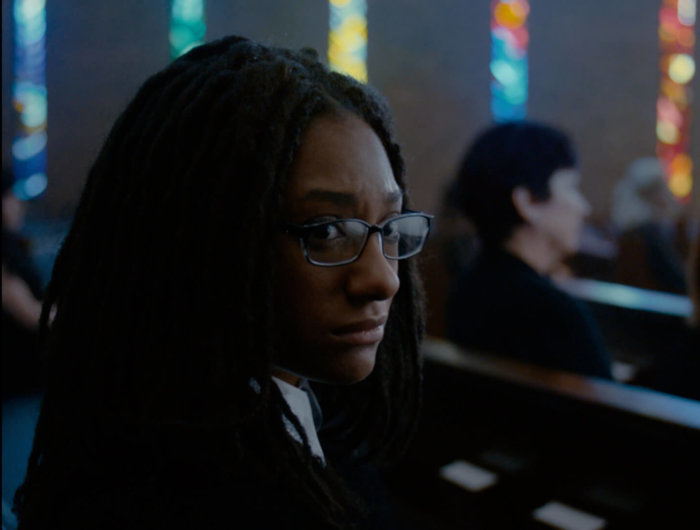
“Tahara”
Named for the Jewish ritual of washing and purifying a body after death, “Tahara” is also a misfire. This drama unfolds almost entirely in a synagogue during a service for Samantha, a teenager who committed suicide. Her classmates, Carrie (Madeline Grey DeFreece) and Hannah (Rachel Sennott), are best friends who attend the service, despite not being particularly close to Samantha.
Hannah, who was allegedly hit on by Samantha, is crushed on Tristan (Daniel Taveras). She has flights of fantasy about kissing him that are rendered in colorful animation. When Hannah asks Carrie to practice kissing with her, Carrie, who is closeted, expresses her emotions in Claymation. But post-kiss weirdness develops between Hannah and Carrie, prompting Carrie to bond with Elaina (Shlomit Azoulay), whom Hannah dislikes. Later, Tristan asks Hannah about Carrie, whom he has feelings for, prompting Hannah to coordinate a threesome to get what she wants.
“Tahara” aims to address the difficulties these teens have articulating their true feelings and the film sparks briefly to life when Carrie speaks honestly during the grief talkback or talks with Elaina. But too much of the film features Hannah being selfish and insufferable.
This slight film feels long at 77 minutes, and the characters, who do behave like real teens, feel underdeveloped. The mini-dramas ultimately fail to illuminate the larger themes of identity, loss, truth, and purification.
THE NEW YORK JEWISH FILM FESTIVAL | January 13-26 | Lincoln Center Virtual Cinema | virtual.filmlinc.org
To sign up for the Gay City News email newsletter, visit gaycitynews.com/newsletter.

